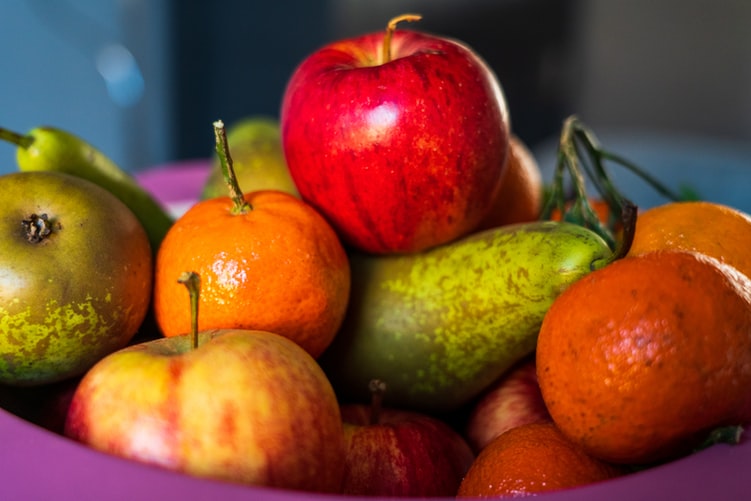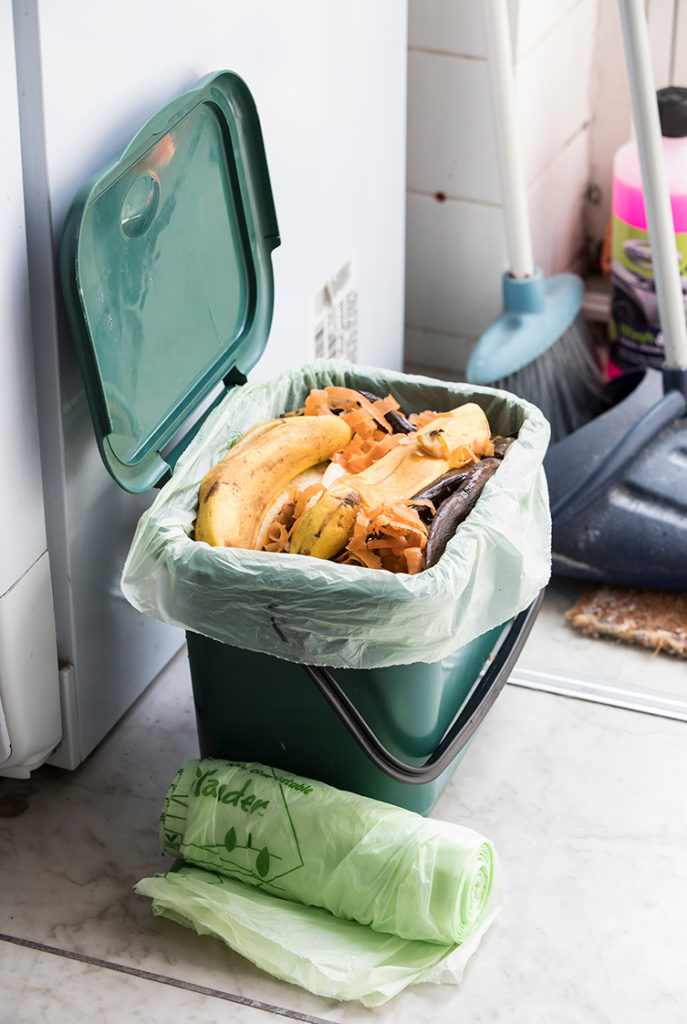Last month, Cromwell was delighted to be invited to be on the panel of the World Biogas Expo, as a keynote speaker. Held at the NEC on March 29th and 30th, our Commercial Director Alex Lee took to the stage, speaking on the topic of food waste. The presentation was titled ‘Food Waste – Polythene vs. Compostable’, and although the show may have finished, we have digested the presentation into this blog.

What is the food waste problem?
Over the past few years, problems surrounding the ever-mounting issue of food waste have become more recognised and people have begun to appeal for action. In the UK, it is estimated that 9.5 million tonnes of food waste is thrown away each year, this is producing an eye-opening 25 million tonnes of CO2. These studies are proving that food waste is a big contributor to the climate change issue – as such, new reforms are being put in place to tackle this waste mountain.
What is the Consistent Collections reform?
One plan which will be implemented across the UK in the coming years is the Consistency of Collections scheme. Simply put, this new reform will see all local authorities offer the same types of waste collections to their residents, and see them collected in the same ways at kerbside. Studies show that less than half of local authorities in the UK currently do not offer food waste collections (as of April 2023). The new consistency of collections scheme will see all councils offer all types of collections, including food waste. This will mean that many councils will soon have to implement this into their waste management strategies. Whether you currently offer food waste collections or will be introducing them in the future, you may want to think about offering a waste sack to help capture and contain the food waste inside. Evidence has proven that providing residents with a bag to line their bins, often increases participation and success rates – so which bag is best?
Polythene vs. Compostable

When it comes to waste, we typically think of a refuse, compactor, or wheelie liner, which are typically made from recycled polythene. There are many benefits to polythene sacks, they have a great shelf-life – which allows for far fewer stock replenishments. They are also a very cost-effective option, being one of the cheapest waste applications to purchase. Finally, they have great performance qualities, due to the high strength of the material, especially the bags which have a CHSA accreditation, which allows for a performance-backed guarantee. However, when it comes to the collection of food waste, polythene bags aren’t a product that we would recommend first.
When you use polythene bags to capture food waste, it will slow (often preventing) the organic breakdown of the contents inside. The recycled content within the bag could also cause contamination of the food waste, and affect its recyclability when sent to the specific treatment facilities. Polythene sacks could affect the treatment and disposal of food waste, which is why there is a far more appropriate bag that should be used. A compostable liner.
Many studies have found compostable bags have an effective balance of reasonable costs (although higher than polythene), minimisation of plastic contaminants in the food waste stream, high participation rates, and reduced instances of non-compostable contamination in the food waste collected and processed. The bags are produced from a high-feedstock quality, to help aid the composting process. Compostable liners provide great results in both the quality of waste & minimal instances of contamination and reduced GHG emissions.
Are they really compostable?
Whilst our compostable liner range is manufactured from fully compostable plastic, compliant with the European composting standard – there are many companies that claim to use compostable bags and packaging, that are actually false. If a compostable liner is genuine, it will have the compostable seedling logo on, with a 7P number, and very often the EN certification too. Having these logos on your compostable liner will hopefully ensure the bag you have selected is actually made from compostable material. When in doubt, send it to use for analysis!
Talk to us!
If you are looking for a new supplier of 100% compostable liners, or need more advice or guidance on your food waste management, please talk to our friendly team – we are always happy to assist!